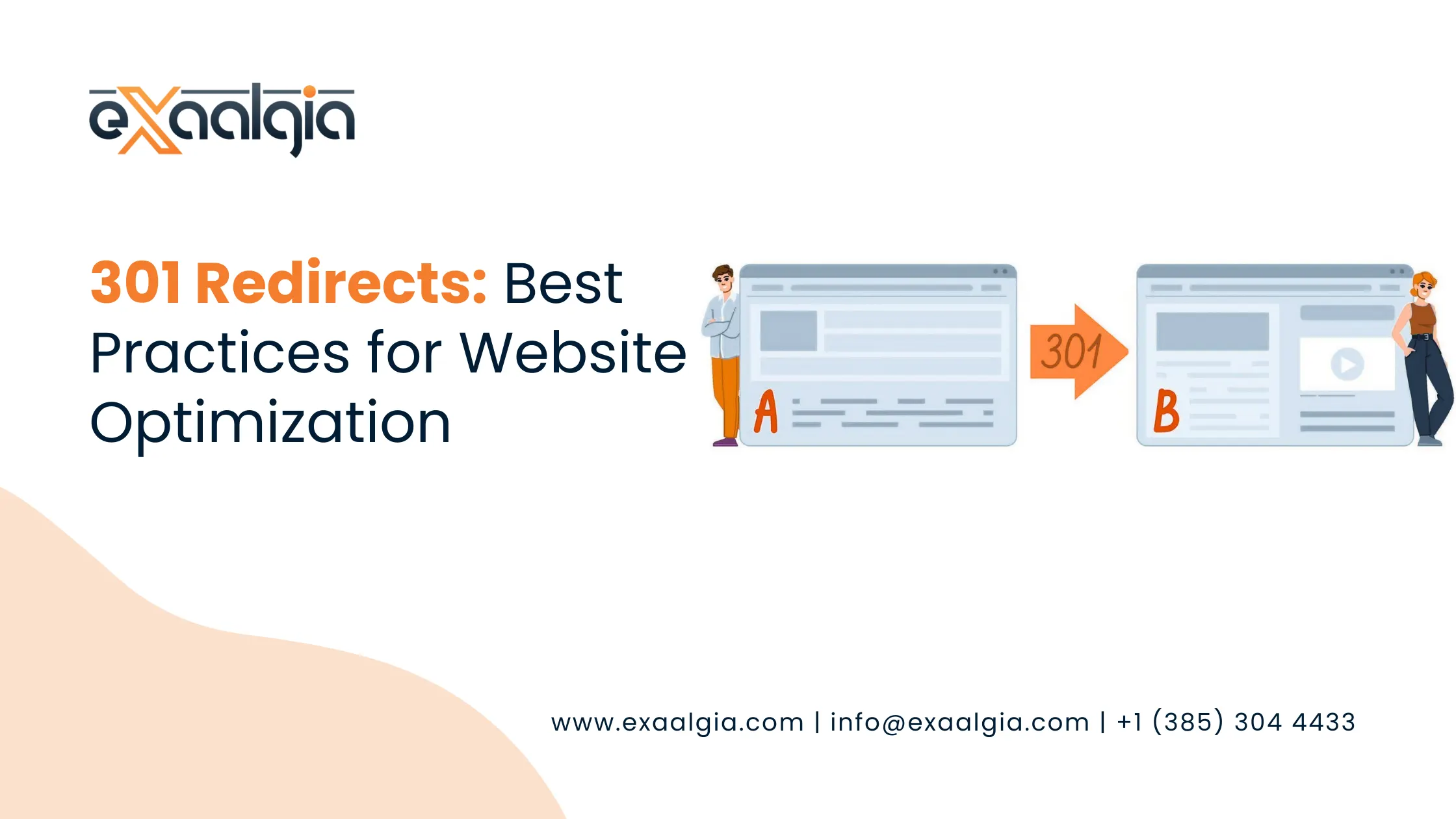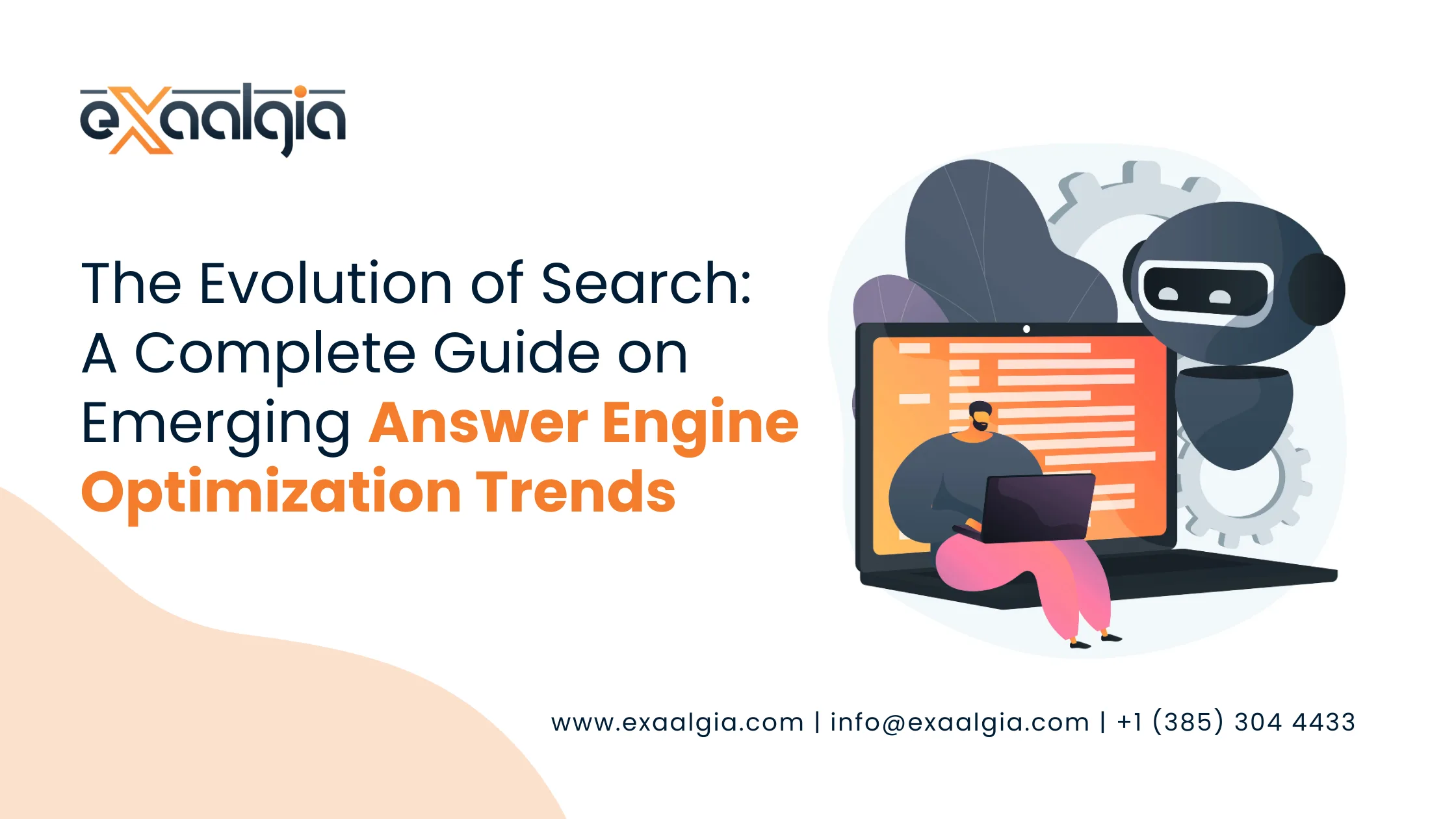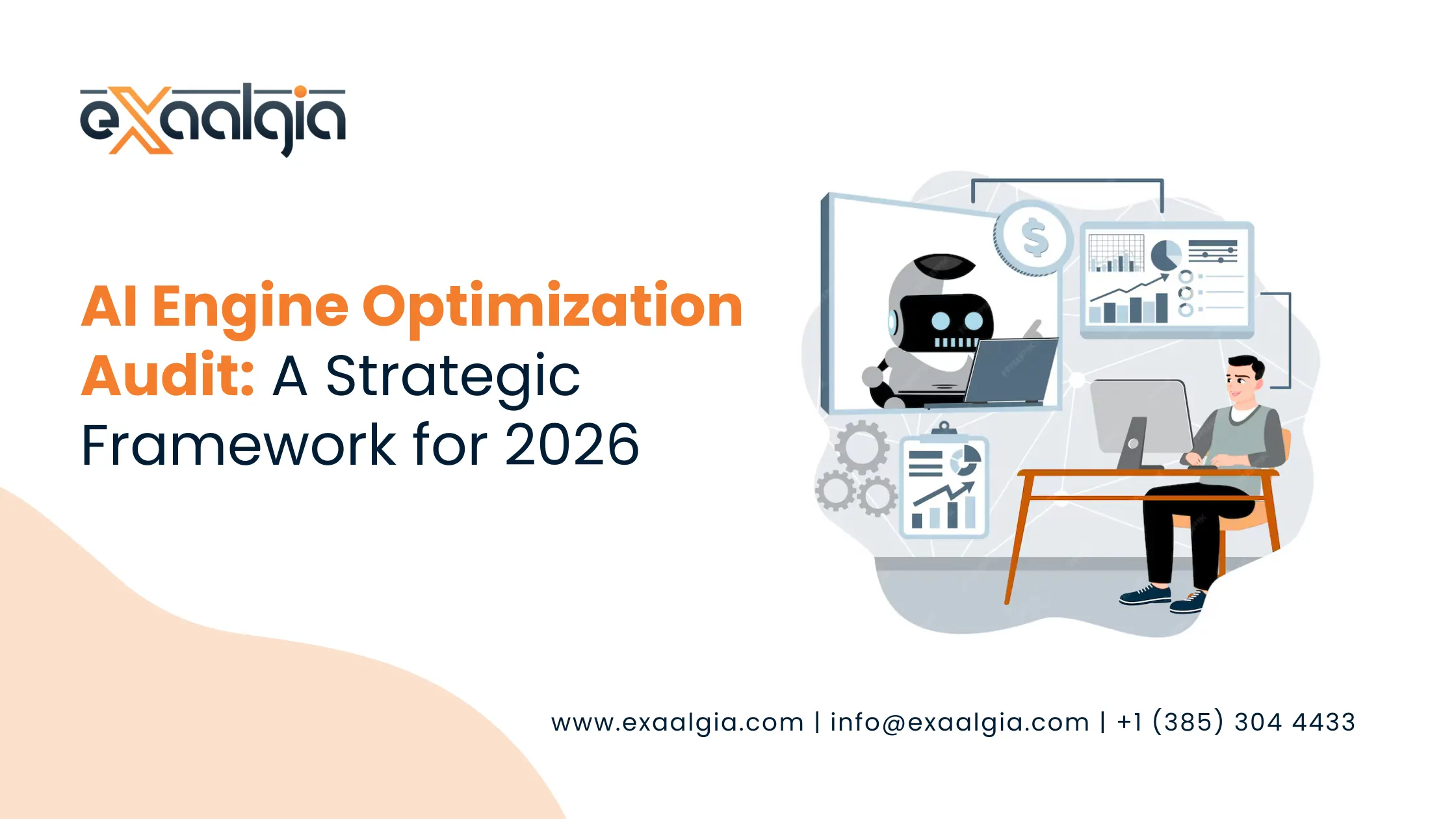What Is Keyword Prioritization?
Keyword prioritization is actually the rank ordering of keywords according to how relevant they are, potential traffic they may produce, and the probability of conversion. In other words, you have to determine which keywords contribute the most to your business goals-could be organic traffic or paid search campaigns-and which ones to focus on rather than targeting all the keywords at once.
Factors Influencing Keyword Prioritization
Search volume: How often a keyword is searched.
Competition: The competitiveness of ranking for a keyword.
Relevance: How closely this keyword aligns with your content or offerings
Conversion potential: Probability of users searching for this keyword converting into customers
Why Keyword Prioritization Is Important
Keyword prioritization is important because:
It’s efficient
Instead of wasting much time trying to target all the keywords, it means targeting the most valuable ones.
Improved SEO
More likely to rank on higher SERPs for terms more crucial to the business by targeting high-priority keywords.
Higher ROI
Paid advertising campaigns that focus on high-converting keywords realize better usage of marketing budget.
Audience alignment
Prioritizing the right keyword means reaching that audience most likely to engage or convert.
The right keywords are the factor that might take an SEO strategy or service on digital marketing from successful to wasted efforts.
What is the Difference Between Keyword Matching and Keyword Prioritization?
Keyword matching and keyword prioritization refer to two different things. The purpose of keyword matching is to ensure that keywords match terms for your website, while keyword prioritization is aimed at prioritizing keywords.
Keyword match is how a search engine or an ad platform will determine which queries will make your ads or content active. It’s a pretty technical way of explaining how your keywords get matched up with people’s search terms.
Keyword prioritization: It’s the strategic planning process of deciding which keywords to focus on. A keyword ranking and organizer, prioritizing by importance.
In other words, keyword matching is about showing that your content is available when someone searches for a term; keyword prioritization is about choosing the most valuable terms to target in the first place.
How Keyword Prioritization Works in Google Ads
Google Ads relies pretty heavily on keyword prioritization to deliver effective campaigns. Here’s how this works:
Keyword research
To find all the keyword ideas, you can use the Google Keyword Planner. Then, you need to pick keywords that will be most relevant to your business and have a sufficient search volume.
Keyword Segmentation
Different keywords mean different kinds of user intent. Prioritize in terms of whether the user is in the awareness, consideration, or decision stage of the buyer’s journey.
Budgeting
Spend most of your budget on high-priority keywords-the ones which will convert best. This way, you ensure that your ads are most likely to reach meaningful searches.
Optimization of Match Types
Use exact match for high-priority keywords so that they are targeted more precisely, and broad or phrase match for broader keywords so that you may allow greater general targeting.
Continuous Monitoring
Just as your campaign performance data is coming in, adjust your keyword priorities. Where the high-priority keywords are failing, you may look at realigning your resources to better perform another one.
5 Things You Need to Know About Google Ads Keyword Prioritization Rules
There are five important things you should know about Google Ads’ keyword prioritization rules:
Even though Google prioritizes your keywords, it makes a decision over the visibility of your ad through Ad Rank, which considers both your bid and your quality score. Prioritize keywords that would give you a balance in terms of cost within bids and relevance.
Quality Score Influences Costs
If you get to prioritize relevant keywords with high-quality scores, you may reduce the costs on your ads while increasing its visibility.
Negative keywords can save budget
Negative keywords are essential, which means they will sort out irrelevant traffic, making sure your budget is spent well.
Group keywords smartly
Google also recommends closely themed ad groups. This helps get the ad text and landing page exactly in line with keywords, which will help you to achieve better performance.
Shifting to Performance
Plot the review of your strategy for priority regularly against the performance of your keywords. Keywords with low performance whose priority rank is high, may need to be replaced or down-ranked.
Frequently Asked Questions
Q1: Where do I start with keyword prioritization?
Start by doing proper keyword research using a product such as Google Keyword Planner or SEMrush then analyze your keywords by volume, competition, and relevance to your goal.
Q2: Is keyword prioritization helpful only for Google Ads?
No, because both should be given equal importance to SEO strategies. The right amount of prioritization over the keywords would ensure that your content ranks for terms that drive traffic and conversions.
Q3: Should I Prioritize Long-tail Keywords?
Yes! Long-tail keywords usually have lower levels of competition and higher rates of conversion, which makes them particularly ideal for use in both organic and paid strategies.
Q4: How often should I review my Keyword Prioritization?
Review keyword priorities at least quarterly or if you perceive major change within market trends or upon releasing a significant algorithm update.
Q5. What tools do you need for prioritizing keywords?
The most popular tools are Google Keyword Planner, SEMrush, Ahrefs, and Moz. These give you all the much-needed insights about how many people are searching for something or using certain phrases, plus the level of competition associated with certain keywords and their performance.
Keyword prioritization, therefore, is important to anyone looking to maximize the performance of SEO or Google Ads. Using the right keywords, you will get more traffic and conversion while maximizing the return on your marketing spend. Whether or not you run organic or paid campaigns, a clarified list of key words will always help guide your strategy.
Need help with keyword research and prioritization? Look no further! Exaalgia provides high-quality SEO Services USA and pay per click services USA to get your campaigns on track. Contact us today!







